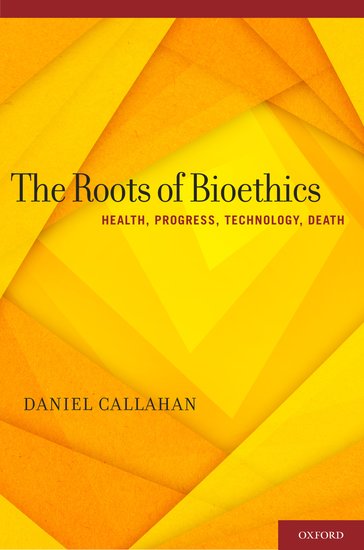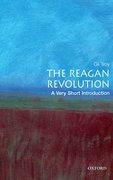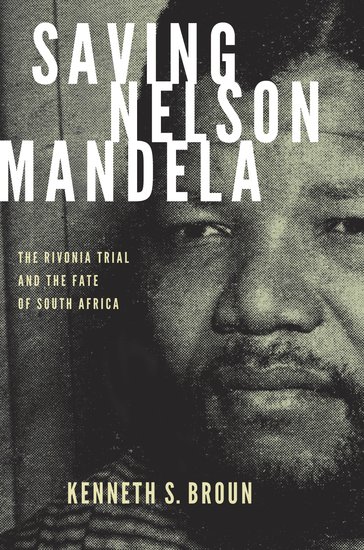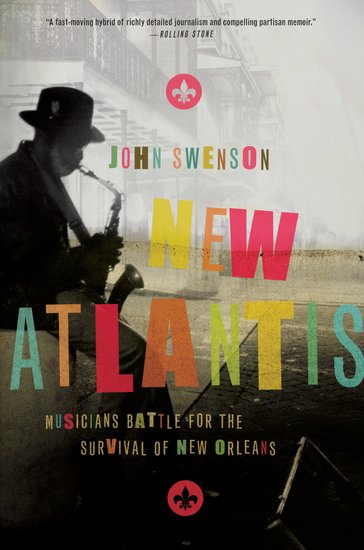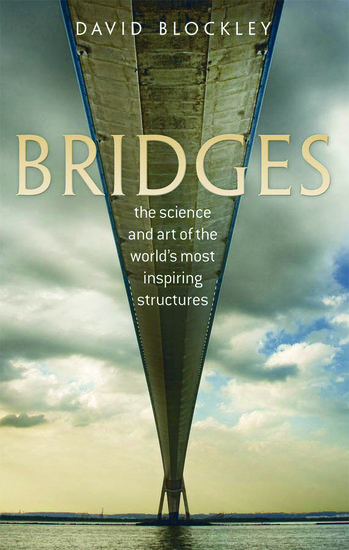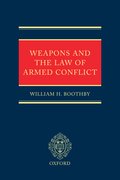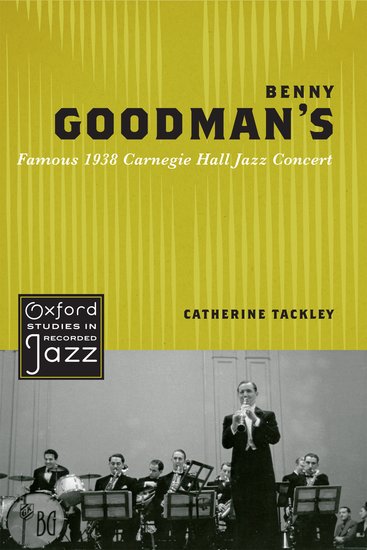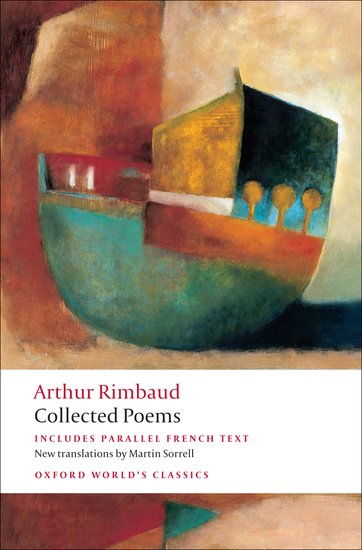The “Choice” Bazaar
Daniel Callahan
Some years ago I wrote a book on abortion that espoused women’s legal right to choose abortion, which was later cited in Roe v. Wade. It should have made me popular with feminists, but it did not and for one reason: I also argued that abortion is an ethical choice, and that not all abortions would necessarily be good choices. Trained as a philosopher, I pointed out that a traditional part of morality is deciding how to make good choices in the shaping of one’s life.

